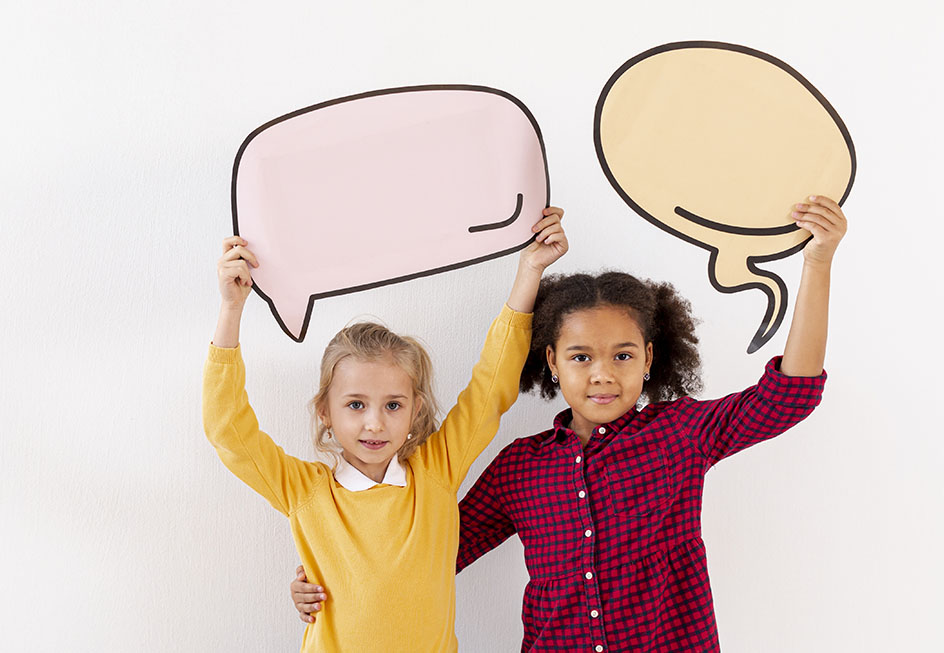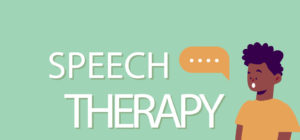Speech and language development are fundamental aspects of a child’s growth, influencing their ability to communicate, learn, and interact with the world around them. As parents, understanding speech development milestones is essential for monitoring your child’s progress and identifying any potential delays or concerns early on. In this article, we’ll explore the typical speech development milestones and offer guidance on how parents can support their child’s language journey.
The Importance of Speech Development Milestones
Speech development milestones are key markers of a child’s progress in acquiring language skills. These milestones provide a framework for assessing a child’s speech and language abilities at different stages of development. While every child develops at their own pace, monitoring these milestones can help identify potential speech and language delays or disorders that may require intervention.
Early Speech Development Milestones
During the first year of life, infants go through significant changes in their ability to communicate. Some early speech development milestones include:
Birth to 3 Months: Babies start making cooing sounds and responding to familiar voices.
4 to 6 Months: Babbling emerges, with infants producing repetitive syllables like “ba-ba” or “da-da.”
7 to 12 Months: Babies begin to imitate sounds and gestures, understand simple words like “bye-bye” or “mama,” and respond to their name.
Toddler Speech Development Milestones
As children enter toddlerhood, their language skills continue to evolve rapidly. Some key speech development milestones for toddlers include:
12 to 18 Months: Toddlers start using single words to express basic needs and understand simple instructions.
18 to 24 Months: Vocabulary expands rapidly, with toddlers acquiring new words at a rapid pace. They may begin combining words to form simple phrases and sentences.
24 to 36 Months: Sentences become more complex, and toddlers can engage in basic conversations. They also start asking questions and using pronouns correctly.
Supporting Your Child’s Speech Development
As a parent, there are many ways you can support your child’s speech and language development:
Engage in Conversation: Talk to your child frequently, narrate daily activities, and encourage them to respond.
Read Together: Reading to your child exposes them to a variety of words and helps develop vocabulary and comprehension skills.
Provide Opportunities for Play: Play-based activities, such as pretend play and storytelling, foster language development and creativity.
Model Correct Speech: Speak clearly and model correct pronunciation and grammar for your child to imitate.
Seek Professional Help if Needed: If you have concerns about your child’s speech development, don’t hesitate to consult a speech-language pathologist for an evaluation and guidance.
Understanding speech development milestones is essential for parents to monitor their child’s progress and identify any potential delays or concerns. By providing a supportive and language-rich environment, parents can help foster their child’s speech and language skills, setting them up for success in communication and learning. Remember that every child develops at their own pace, so celebrate each milestone and seek professional help if needed to ensure optimal development.




